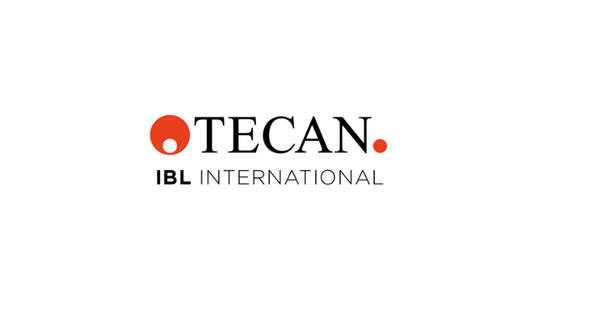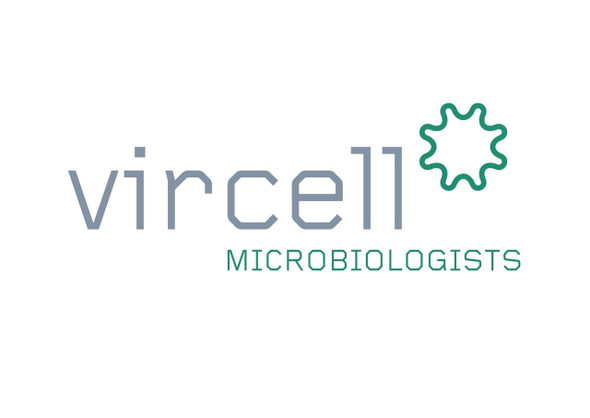Description
LEGIONELLA PNEUMOPHILA ANTIGEN, NATIVE EXTRACT
This product is a native extract of inactivated Legionella pneumophila antigen taken from culture.
PRODUCT DETAILS – LEGIONELLA PNEUMOPHILA ANTIGEN, NATIVE EXTRACT
- Legionella pneumophila antigen (native extract).
- Inactivated Legionella pneumophila antigen from culture.
- Presented in phosphate buffer with salts, pH 7.4, 0.09% sodium azide (NaN3).
BACKGROUND
Legionella pneumophila is a Gram-negative bacterium of the genus Legionella and is the causative agent of Legionnaires’ disease, also known as legionellosis and a mild flu-like illness called Pontiac fever (WHO, 2019). It was named after an outbreak in 1976 among people attending a convention of the American Legion, an association of U.S. military veterans, during which 221 persons were infected and 34 ultimately died.
In the natural environment, Legionella lives within amoebae such as Acanthamoeba spp., Naegleria spp., and Vermamoeba vermiformis, or other protozoa such as Tetrahymena pyriformis. Legionella species generally exist at low concentrations, in groundwater, lakes and streams. However, after entering man-made environments (e.g. hot water tanks, hot tubs, and cooling towers), they can reproduce rapidly under the right environmental conditions. Transmission is via inhalation of water droplets from a contaminated source that has allowed the organism to grow and spread and less commonly via aspiration of drinking water from an infected source.
L. pneumophila invades human macrophages and replicates within a dedicated compartment, the Legionella-containing vacuole (LCV), protecting it from bactericidal lysosomes. Symptoms of Legionnaires’ disease include cough, high fever, muscle pains, shortness of breath and headaches, and sometimes may also include vomiting, nausea, and diarrhoea.
Several methods are available for the detection of Legionella infection including culture, serological tests and qPCR, although no vaccine is available for legionellosis. Genetic modification of L. pneumophila has been shown to increase the mortality rate in infected animals to nearly 100% and it may have been tested as a biological weapon by some countries (Gilsdorf and Zilinskas, 2005).
REFERENCES
- Asrat et al. (2014). Bacterial pathogen manipulation of host membrane trafficking. Annu Rev Cell Dev Biol 30:79–109.
- Gilsdorf JR, Zilinskas RA (2005). New considerations in infectious disease outbreaks: the threat of genetically modified microbes. Clinical Infectious Diseases. 40 (8): 1160–5.
- Legionella and the prevention of legionellosis. World Health Organisation (WHO), 14 July 2019.






